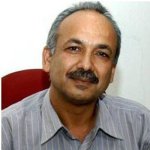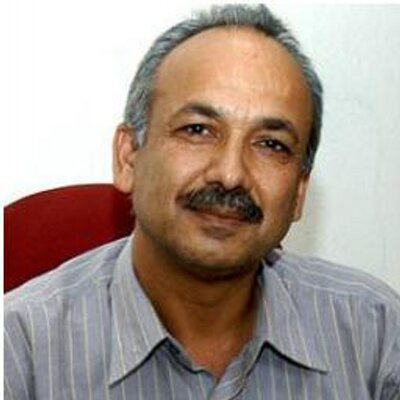 By Yubaraj Ghimire (KATHMANDU, August 25) – Two visits within 100 days, less than three months after he took over as prime minister, made Narendra Modi immensely popular in Nepal.
By Yubaraj Ghimire (KATHMANDU, August 25) – Two visits within 100 days, less than three months after he took over as prime minister, made Narendra Modi immensely popular in Nepal.
His first visit a year ago, 17 years since the last by any Indian PM, came as a message that the UPA government’s policy of leaving Nepal affairs exclusively in the hands of Indian bureaucrats was being discontinued. The message he gave Nepal was that India would care less about its domestic politics but would be a generous partner in its prosperity. That meant India, under Modi, wouldn’t be the interfering big bother.
An elaborate puja at Pashupatinath and bringing along Jeet Bahadur — a stranded Nepali youth Modi had picked up at a railway station in Gujarat more than a decade ago and helped in his studies — and reuniting him with his family, remained talking points among ordinary Nepalis long after Modi left. Scepticism about India among the Nepali elite took a backseat.
Modi immediately won the hearts and minds of all sides in Nepal, including the Maoists and the Nepali Congress, as well as other major parties, who had been dealing mostly with the Indian National Congress and UPA, with little contact with the BJP.
During his passage through high security zones in Kathmandu, Modi would stop his cavalcade, get down and reach out to the masses, especially children. And when he addressed the Constituent Assembly, he sent across the message that here was someone leading India, as powerful in oratory as Jawaharlal Nehru and yet distinctly different in his vision of the neighbourhood.
Modi tried to invoke soft-power diplomacy between the two countries tied by a special bond of culture, history, religion and civilisation. In contrast to Nehru’s speech — still detested in Nepal — that the Himalayas are India’s natural frontier, Modi said Nepal-India relations symbolised the inseparability between the ocean and the Himalayas. He managed agreements on power projects, signed major bilateral hydel projects pending for decades, saying that Indian projects will henceforth move at the promised pace. Modi’s quick response and dispatch of the rescue and relief mission during the April-May earthquakes, even before the Nepal government was ready, played a
positive role — although poor coordination among Nepal and international agencies, as well as India’s over-visibility and apparent brazenness at times, had an adverse impact too.
But as long as there is political instability in Nepal and as long as New Delhi doesn’t review its role in bringing together the Maoists and other parties in November 2005, it will be difficult for India and Modi to regain the trust and respect it lost in Nepal. The radical politics and policies pursued by Nepali actors — chaotic republicanism, federalism with autonomy and the right to self-determination, secularism that replaced the pre-2006 “Hindu” Nepal and sought to make the right to convert intrinsic to it — were largely dictated by the international players India had brought together under the November 2005 12-point agreement. These matters were never debated at the public level and were approved by eight leaders and the parties signatory to that agreement.
As top leaders of the four major parties keep pledging their determination to deliver the constitution, there are violent protests across the country against the arbitrary demarcation of provinces. There are demands for the restoration of Nepal’s Hindu status and the monarchy. There’s no chance that people will accept this constitution and it may be pragmatic to suspend it for the time being to form a constitutional commission and a national reconciliation commission. The former can prepare a proper constitution and the latter can put the wounded and fragmented national spirit back together.
India isn’t the sole decisive influence in Nepal’s internal politics anymore.
But what’s imperative is a serious review of the situation. That’s where Modi’s magnanimity and courage could make a big impact. His initiative will motivate other foreign players to stop their support to radical politics and policies in Nepal. An honest review in Kathmandu and more so in Delhi, the epicentre of the political earthquake that shook Nepal in 2006, are essential for stabilising Nepal.
This article has been originally published in The Indian Express on August 25.

